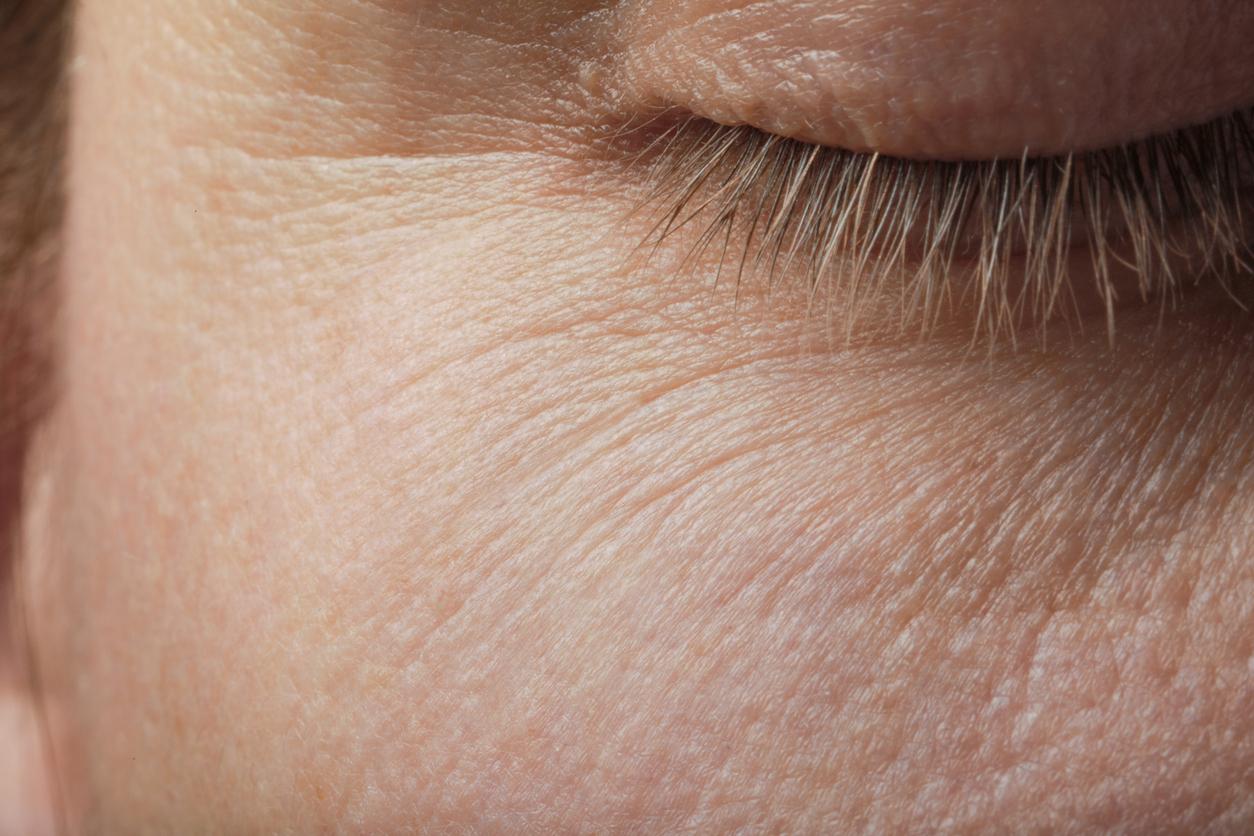Arguments with our partner do have an impact on our physical condition. But what are the effects of these marital quarrels on our organism? Explanations.

- Within the couple, stress can prevent a patient from recovering well after having had a heart attack.
- Our mental health can influence that of our partner.
Married life is not a long calm river. Money, household chores, in-laws, work, raising children… These many subjects can be a source of discord and conflict. According to a team of American researchers, these arguments can cause stress, which threatens immune and emotional health and makes partners vulnerable to illness. To reach this conclusion, the scientists conducted a study published in the journal Psychoneuroendocrinology.
Blood test: the blood markers of 42 married couples were analyzed
In order to identify the “pathways linking distressed marriages to poor health”, the authors analyzed how couples communicate, particularly during conflict, and the impact of this communication on wound healing and emotions.
For the purposes of the work, 42 heterosexual couples married for an average of 12 years were recruited. Over two 24-hour visits, participants had their blood drawn to measure their baseline levels of interleukin-6 (IL-6), a marker of inflammation, and other blood markers. The volunteers also saw a small blister forming on their forearm. This injury was monitored for 12 days to assess the functioning of their immune system.
After this step, the adults had to fill out a questionnaire and indicate their modes of communication during the tensions. In addition, they had to participate in discussions that focused on social support and solving a known problem within their marriage. “Immediately after the conversations, the partners rated their emotions as well as the tone and outcome of the discussion,” the team said.
Negative communication is associated with chronic inflammation
According to the study, couples who reported avoiding difficult conversations or running away during arguments had higher baseline levels of interleukin-6 (IL-6). Clearly, they had chronic inflammation and weakened immune function. “They also felt fewer positive emotions and their wounds healed more slowly. This chronic negativity had emotional, relational and immune effects, especially in women. (…) Couples can undergo therapy to help them gain better communication techniques, concluded Rosie Shrout, author of the research, in a statement.

















